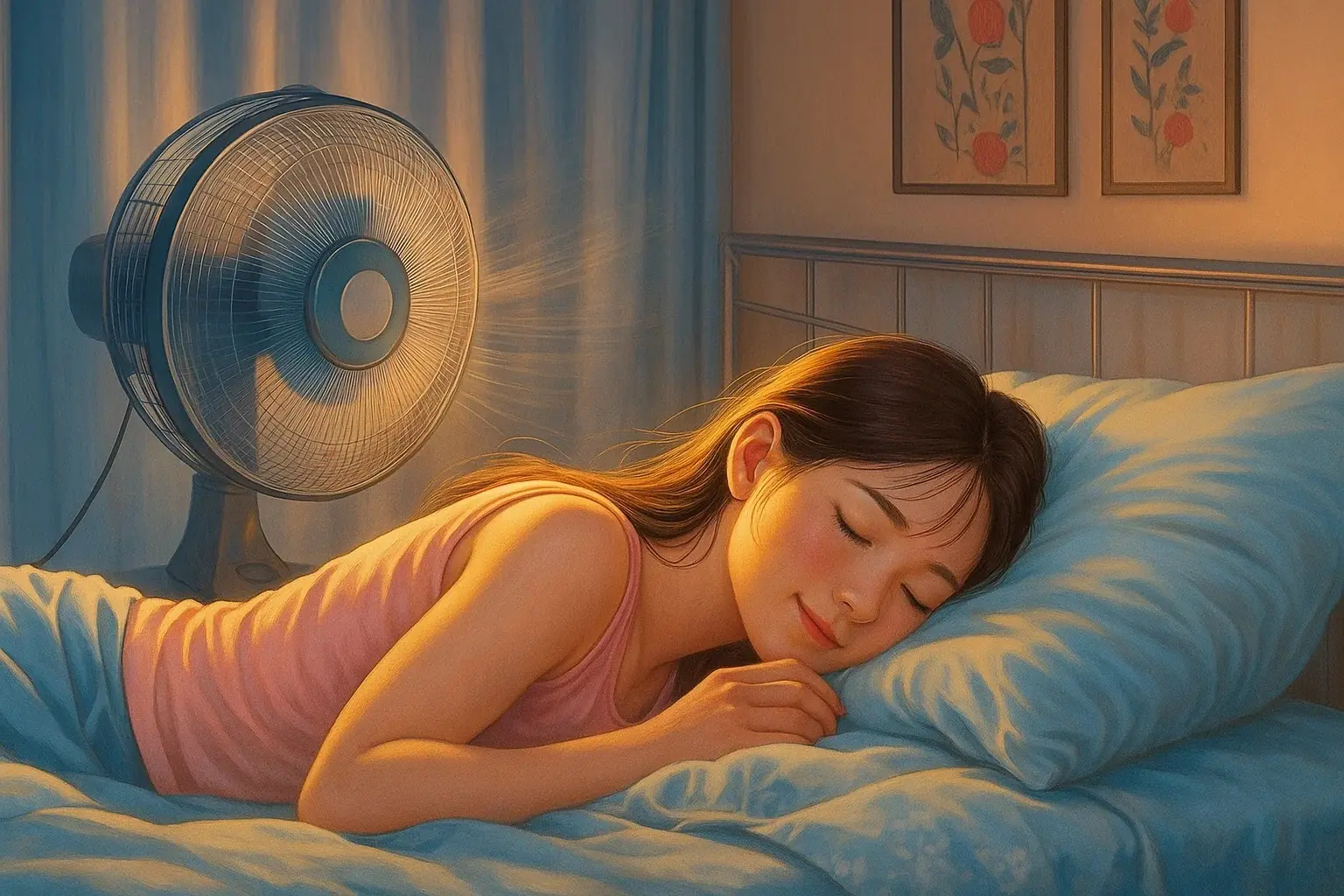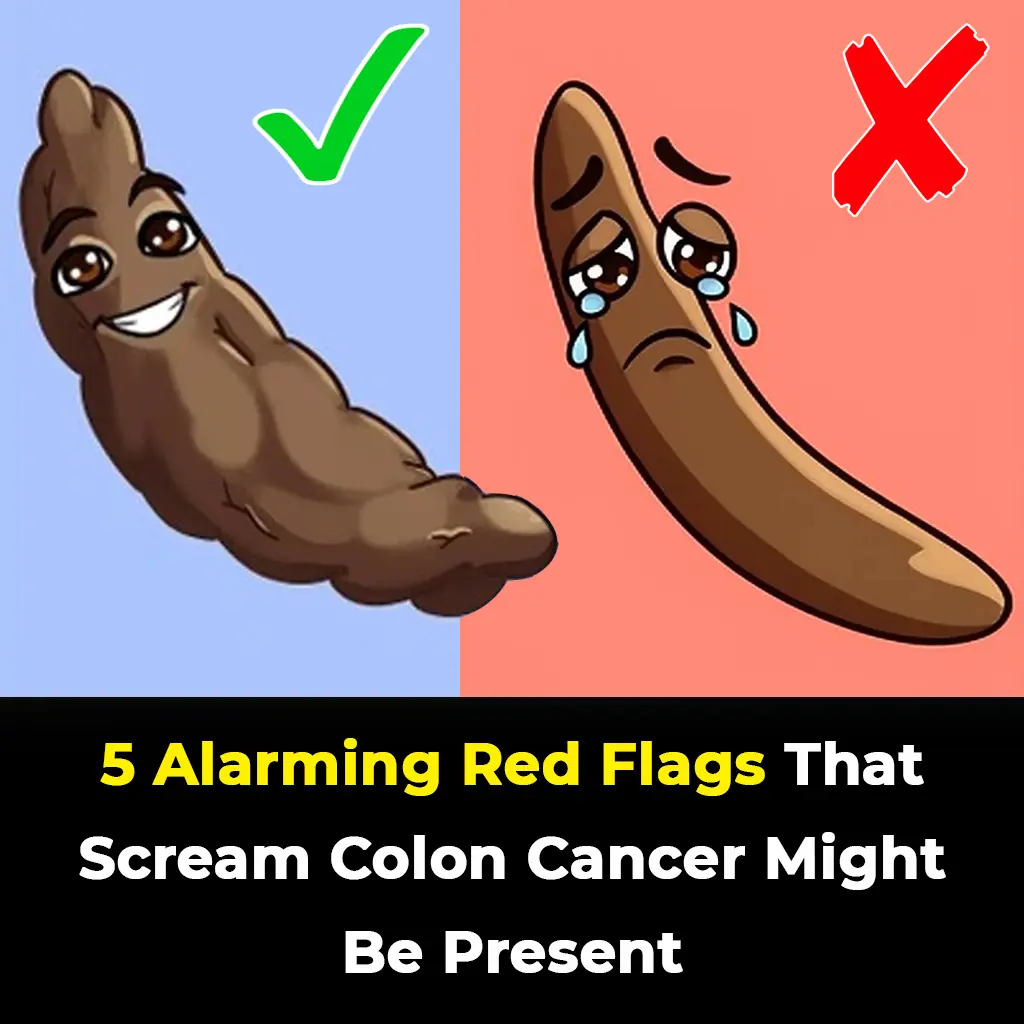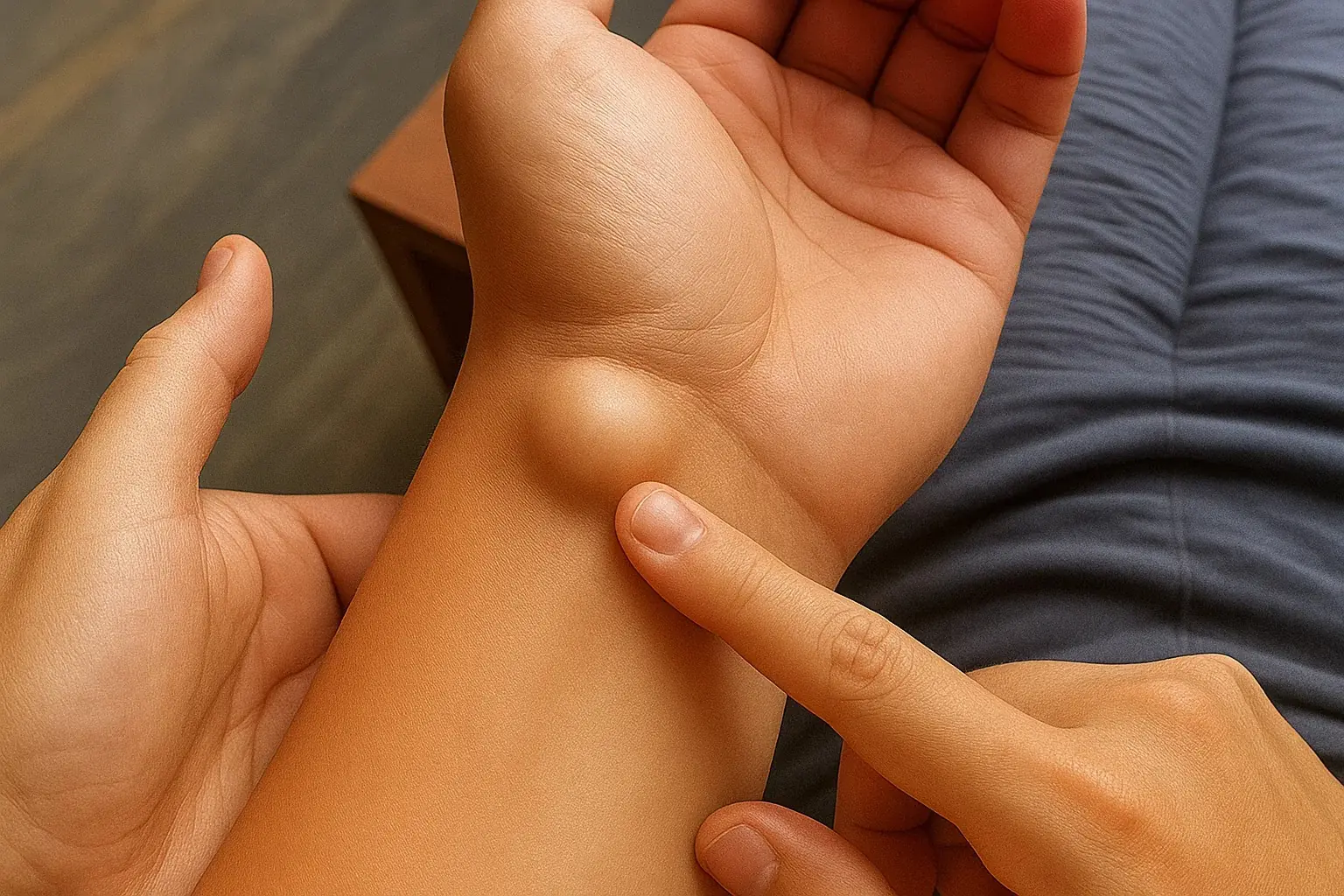Sleeping with a fan might seem harmless — even comforting — but its hidden effects can chip away at your comfort and long-term sleep quality.
Many people swear by the soothing hum of a fan to drift off to sleep on hot summer nights. It feels like a simple, harmless way to cool down — but this seemingly innocent habit may be doing more harm than good. Experts warn that while fans can create a pleasant breeze, they also come with hidden downsides that could affect your comfort, skin, breathing, and overall quality of sleep.
If you’ve ever tossed and turned in a stuffy room, you know how hard it is to fall into deep, restorative rest. While fans can offer temporary relief, their limitations and potential side effects might make you think twice before leaving one running all night.

The Science Behind Sleeping Cool
Research shows that cooler bedroom temperatures — ideally between 65°F and 68°F (but tolerable as low as 60°F) — support deeper, more restorative sleep. The logic is simple: when your body temperature drops slightly, it signals your brain that it’s time to rest. However, while a fan can make you feel cooler, it doesn’t actually reduce the room’s temperature the way an air conditioner or cooling system does.
This is where the problem begins: fans simply circulate the air already in the room. If that air is warm and dry, or laden with allergens, the results can range from mild irritation to ongoing discomfort.
8 Hidden Downsides of Sleeping With a Fan On
- Worsens Allergies
Fans can stir up dust, pollen, pet dander, and other microscopic allergens, sending them right into your breathing zone. Over time, allergens can build up on fan blades or inside air filters, making the problem worse. This can lead to sneezing, congestion, itchy eyes, coughing, and restless sleep — especially for those with seasonal allergies or asthma.
Tip: Regularly clean fan blades and replace or clean filters to minimize allergen spread.
- Dries Out Sinuses and Throat
A constant breeze across your face can dry out nasal passages, mouth, and throat. This dryness often triggers excess mucus production, leading to sinus congestion, headaches, or a scratchy throat in the morning. If you’re already sick or sensitive to allergens, the airflow may amplify your discomfort.
Tip: Pair your fan with a humidifier or keep a glass of water nearby to counteract dryness.
- Causes Muscle Stiffness
That cool air on your neck or shoulders might feel refreshing at first, but long-term exposure while sleeping can cause muscles to tense and stiffen. Waking up with a sore neck, back, or shoulders could be a result of sleeping directly in the fan’s path.
Tip: Angle the fan so that it circulates air around the room rather than blowing directly on your body.
- Leads to Dry Skin and Irritated Eyes
Fans speed up moisture evaporation from skin and eyes, potentially causing dryness, flakiness, and irritation. People with conditions like eczema or sensitive eyes may notice symptoms worsen. Contact lens wearers are also more prone to irritation if sleeping with a fan blowing in their face.
- May Increase Congestion
While a fan doesn’t cause illness, it can aggravate nasal congestion by drying out mucous membranes. This can lead to louder snoring or worsen existing cold or allergy symptoms.
- Noise Disruption
Some people find the hum of a fan relaxing, but for light sleepers, even a low-level whirring can interrupt sleep cycles. Constant noise can reduce the amount of deep sleep you get, leaving you feeling less refreshed in the morning.
- Interrupts Sleep Quality
Even subtle air movement can cause micro-awakenings throughout the night without you realizing it. Over time, these interruptions can prevent you from getting the continuous, restorative rest your body needs.
- Limited Temperature Control
Unlike air conditioners, fans cannot reduce a room’s actual temperature. They create a wind chill effect on your skin, but the room remains the same heat level — which can be problematic during extreme summer temperatures.
Better Alternatives to Stay Cool at Night
If you still want to avoid overheating but don’t want the downsides of a fan, try these strategies:
- Breathable bedding made of cotton or linen to wick away moisture.
- Cooling mattress toppers or pads to regulate body heat.
- Blackout curtains to block sunlight and reduce daytime heat buildup.
- Hydration before bed to help the body maintain a balanced temperature.
- A warm shower before sleep to trigger a natural drop in body temperature afterward.
Final Thought
Sleeping with a fan might seem harmless — even comforting — but its hidden effects can chip away at your comfort and long-term sleep quality. From stirring up allergens to drying out your skin and eyes, the drawbacks often outweigh the benefits.
If restful, uninterrupted sleep is your goal, consider alternative cooling methods that maintain the right temperature without the side effects. A balanced sleeping environment — cool, quiet, and comfortable — is the best foundation for waking up refreshed.























